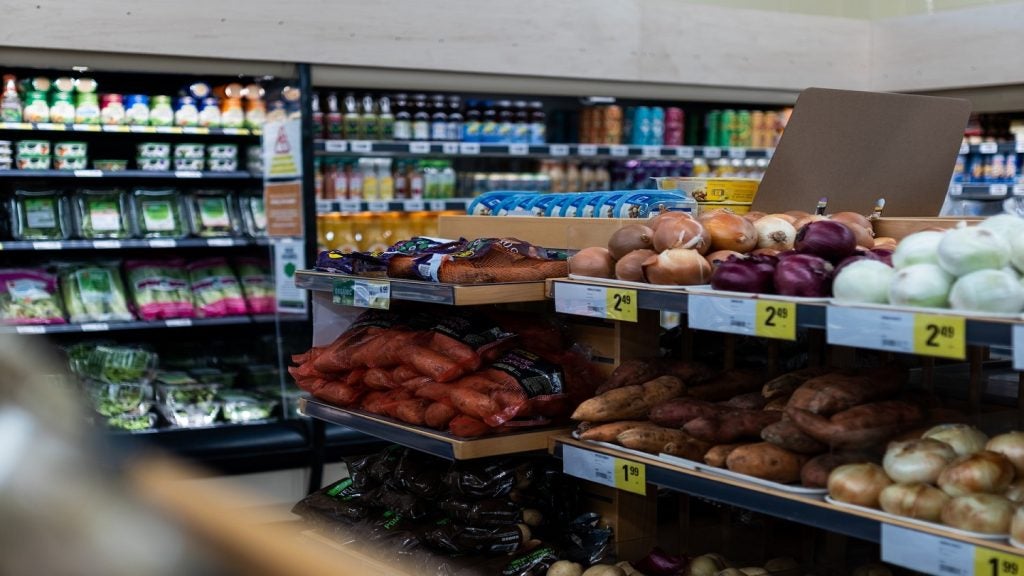The retail environment in China is undergoing a significant transformation in 2023. GlobalData expects China’s retail market to grow at a CAGR of more than 9% by 2026.
Within this environment, domestic brands are also experiencing exponential growth in the market.
Wu Nan from the e-commerce brand Wudashu points out that the polarisation of Chinese consumers has caused many Chinese retailers to excel. He states that five to ten years ago, there were fewer players in the domestic brand market and no one anticipated that these brands would become instrumental in winning consumer favour.
Wu Nan outlines the current Chinese domestic brand market in three aspects: retailers, consumers and suppliers.
According to a release by PRNewswire, Wu Nan believes that Chinese retailers have often made mistakes when developing their own brands in the past, such as inconsistent product quality or unclear positioning. This can result in consumer distrust and an inevitable decrease in sales.
Consumer expectations are on the rise in China as customers seek personalised and trendy products to which domestic brands can adapt their offerings.
Rational consumer behaviour also leads to the emergence of high-quality, cost-effective products.
Retailers meet this demand through the development of domestic brands in cooperation with suppliers. In turn, they benefit from lower marketing costs and direct procurement, which results in competitive products.
According to Wu Nan, in the past, it was suppliers that led the development of domestic brands. However, now retailers are catering to consumers by gaining a deeper understanding of them and reducing the development of products.
China's rapid industrial development has meant that suppliers are becoming more specialised, with strong production and research capabilities.
However, Wu Nan asserts that suppliers need suitable retailers to provide channels to address the issue of overcapacity and achieve an overall beneficial situation for the country’s retail sector.
Another retail channel that originated in China is livestream shopping, which has grown into a massive $512bn market and is also helping smaller businesses find success.















